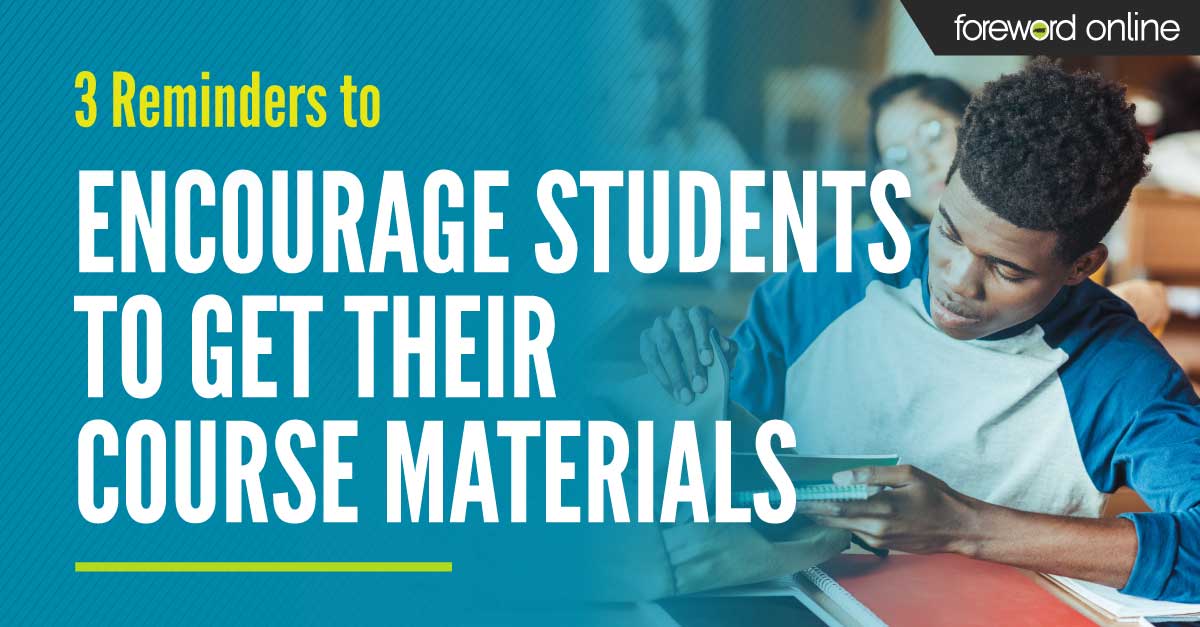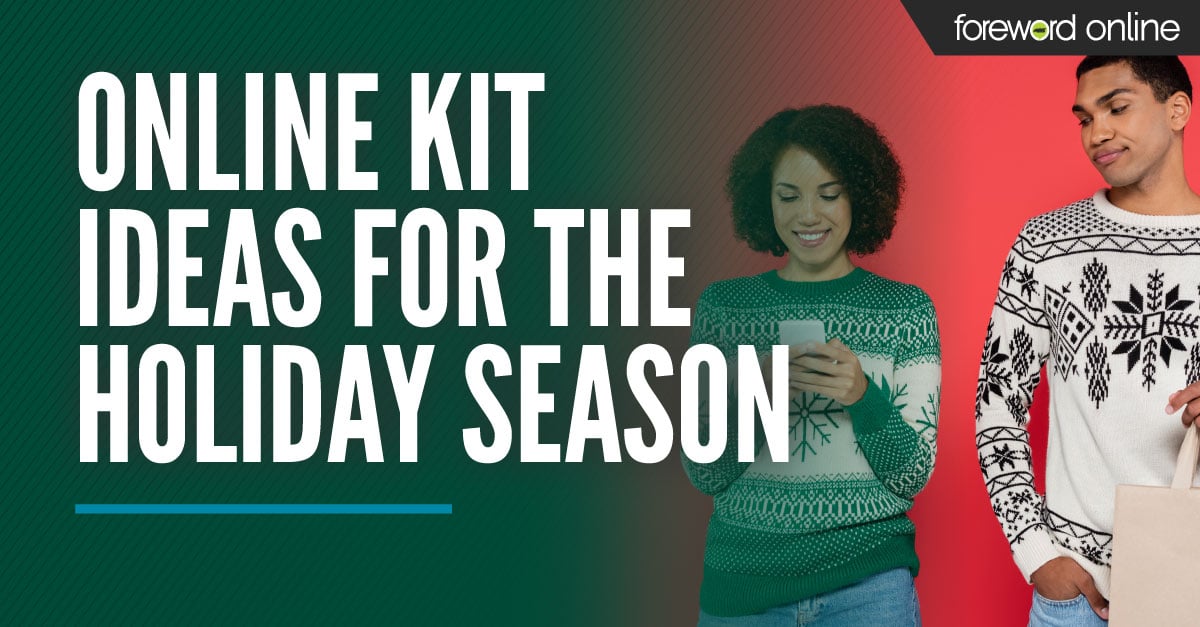Surveys are a great way to get answers from your customers about specific topics or questions. They’re relatively easy to execute, require little effort from participants and can provide valuable insights. But there’s an even better way to get the information you need, without the limited scope that comes with the survey structure — and this method only requires a little bit more planning to achieve positive results.
We’re talking about focus groups.
While that phrase may conjure up images of lab coats and clipboards, these gatherings can be as formal or informal as you’d like, and may even be as casual as ordering a few pizzas and inviting select members of the student body to swing by, grab a slice and share their opinions.
Why should your store consider a focus group?
There are a variety of reasons why a focus group could be beneficial for your store. Collecting input from your primary customer base will help you make better merchandising selections, improve the services you currently offer, decide what services or options are missing, and identify any issues that need to be addressed (before they become serious problems).
Some potential areas you may cover:
- Specific apparel or accessories
- What’s trending
- Textbooks (hot topic, but finding out how they really feel can help direct your future actions)
- Store events
- Promotions or your loyalty program
They’re not just for students
Don’t limit yourself to just tapping into what your students think. Expand your reach to find out what’s working — and what isn’t working — for faculty. This could be an excellent opportunity to learn why adoptions aren’t being submitted on time, to see what message they’re communicating to students about your store and ask for suggestions about how you can improve the service you offer to the campus community.
Speaking of community, if you’d like to make a bigger impact on what lies outside of your campus, why not ask some local residents and/or business owners to offer their feedback? By becoming more involved in events beyond your school, you’ll attract a broader customer base and more than likely increase your sales as well.
Getting started
Pick a topic: Starting small may be the best way to approach your first focus group. Concentrate on one product, service or topic and stick to it. It's likely that in the course of the conversation participants may veer off topic — that's fine! You'll be able to use just about any information you collect.
Set a date and time: If you have access to a conference room (either an area off the sales floor, in the library or other campus building), you'll have fewer time restrictions. For stores without that option, after hours would probably be the simplest solution. Pick a date during a slower time (for you and your students) to ensure maximum enthusiasm and participation.
Develop your questions: This is the most labor-intensive part of the exercise. Having the right questions will lead to a more productive session, so it's important that you sit down with your staff and come up with the best, most targeted questions possible. The amount of questions should also be limited (no more than 15-20). (Check out this guide for some helpful pointers.)
Appoint a group leader: In order to collect the most information, you and your senior staff members will need to be (unobtrusive) observers only. That means that your session leader could be someone who isn't on staff or a charismatic student employee. Either way, they'll want to make sure they run through the questions a few times to be as comfortable as possible.
Choose an incentive: Although paid focus groups exist, going that route isn't the most practical for a small business. Instead, you can offer refreshments (pizza, chips or cookies are all inexpensive and easy) and a coupon or discount off of certain merchandise to make participation more attractive.
Recruit participants: A group of 8-10 will give you a manageable number, but also allow you to get a good cross-section. You could ask for volunteers on social media, hang up flyers around campus or have trusted employees ask selected customers as they shop if they'd be willing to participate. You may need to conduct multiple sessions in order to get a true sampling.
After the session
Analyze your results: What did you find out? Were you surprised by what you learned, or was it mostly what you suspected? Decide how you'll use this new information, whether you'll be repeating the session with a new topic and what you would change for next time.
Bonus round: The best part about being in a community of independent college retailers is that it is a community, so share what you learned with other stores. Let's all aim for more collaboration and cooperation!




